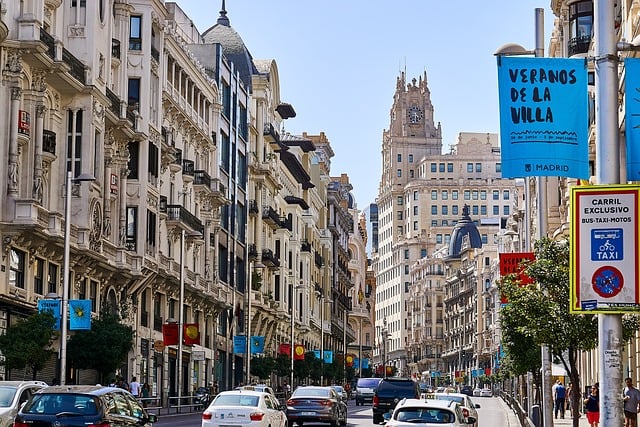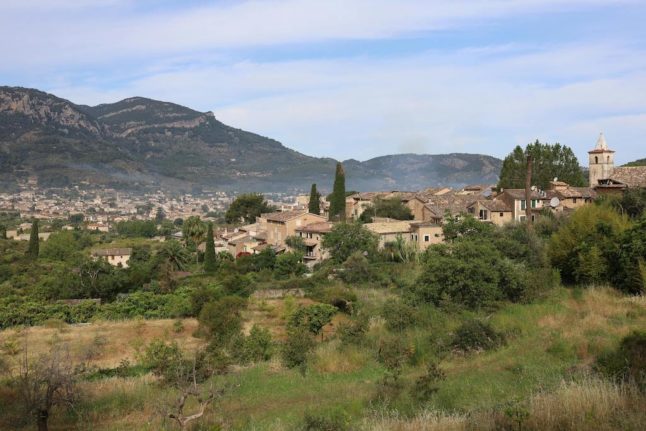The latest Investor Intentions Survey 2023 carried out by global real estate group CBRE, shows that Spain is one of the best countries to invest in this year, only coming behind the UK, Germany and France.
Spain has climbed three places in the most attractive European to invest in since last year when it came in seventh position.
READ ALSO – EXPLAINED: What will happen with property prices in Spain in 2023?
Spain, together with Germany, is the only country in the study that has more than one city in this ranking, demonstrating good forecasts for the Spanish real estate sector.
Both Madrid and Barcelona were listed in the top 10 European cities to invest in, coming in fifth and sixth place respectively.
Both have also improved on last year’s rankings. Madrid has gone from sixth to fifth, while Barcelona has risen from ninth to sixth.
According to the study, southern Europe will be especially good for investment in 2023, as Lisbon was also mentioned along with the two Spanish cities.
READ ALSO – Property in Spain: What changes about renting and buying in 2023?
At a European level, the UK overtook Germany for the first time since 2021 as the country with the strongest expectations for total property returns.
The study stated that more than half of investors expect purchasing and selling activity to either increase from 2022 or remain the same, signalling a degree of optimism.
Among the main challenges are fears of a recession, mismatched expectations between buyer and seller and tightening credit conditions. High inflation is also one of the great challenges for investors in 2023.
In terms of types of property, office buildings are expected to create more return on investment. 29 percent of investors opted for offices, 25 percent for residential properties and 23 percent for industrial.
To a lesser extent were commercial properties and hotels, with 8 percent each.



 Please whitelist us to continue reading.
Please whitelist us to continue reading.
Member comments